Complete your selection
Peak ATP® is a supplement containing ATP (adenosine triphosphate) designed mainly for athletes, which has been clinically validated and patented by the excellent TSI Group Ltd. Structurally identical to the molecule produced naturally by the body, this ATP comes in gastro-resistant capsules for maximum absorption.
What is ATP?
Living beings need energy to live and grow. In eucaryotic organisms such as humans, there are several cellular components that play essential roles in producing this energy, one being the mitochondria: it’s the main site of ATP (adenosine triphosphate) synthesis, a molecule with high energy potential which is involved in the vast majority of cellular metabolic pathways.
In simple terms, ATP can be thought of as an intermediary: it captures the energy generated by the oxidation of nutrients provided by food and releases it when needed for the chemical reactions essential to living organisms, such as muscle contractions.
As ATP stores are always limited, the body has to produce it continuously, and at quite a rate: the maximum reserve, around 50g, is completely renewed every two minutes at rest. The need for renewal can be even greater for a cell in the case of significant energy demands, such as intensive exercise.
Amongst others, ATP plays a role in maintaining cellular structure and movement, by facilitating the assembly and disassembly of elements of the cytoskeleton. It provides muscle contraction energy by catalysing the shortening of actin and myosin filaments, a basic requirement for living beings, essential for locomotion and respiration.
Why are devotees of short, intensive exercise keen to increase their ATP levels?
Muscle cells contain a certain amount of ATP which enables brief, intense activity, such as that required in the case of force majeure, or momentary strenuous exertion. But these ATP reserves are used up in as little as two or three seconds!
If the exertion continues, the muscles are forced to call on two other types of energy reserve:
- Creatine phosphate, a compound also present in muscle which is able to rapidly produce ATP, and thus enable the strenuous exertion to continue for 15 seconds.
- Glycogen, a type of sugar also present in muscle which produces ATP when it is broken down, and which enables intense exertion to continue for a maximum of one minute, but which in doing so, damages muscle integrity.
For anything over a minute, the body has to resort to one last method of ATP production: cellular respiration, in which molecules from food (sugars, fats, proteins) are broken down in the presence of oxygen. This enables the exertion to continue but at a reduced intensity.
Thus athletes who engage in short, strenuous exertion, such as 100m sprinters or weight-lifters, seek to prolong this exertion or boost its intensity, by increasing their muscle reserves of ATP and creatine phosphate.
Should ATP or creatine phosphate stores become exhausted before the end of a 100 metre sprint, the muscles will call on glycogen in order to finish the race but this generates a small amount of lactic acid, which makes the movement harder and more painful. While the accumulation of lactic acid is not responsible for muscle soreness (contrary to popular belief), it does impair muscle performance (1).
It’s worth noting that ATP reserves diminish with age, which has the effect of reducing the duration and intensity of strenuous exercise.
What is in Peak ATP™
Any questions?
Our team of nutrition experts and scientists has the answers.
We recommend taking two capsules a day, shortly, or even immediately before you engage in intensive exercise.
Peak ATP is widely documented in the scientific literature: it is considered safe by the scientific community and is not banned by the World Anti-Doping Agency.
Alongside supplementing with ATP, we recommend:
- Taking creatine supplements if needed. Creatine is a non-essential amino acid present in muscles which promotes ATP renewal during short, intense exercise sessions (2-4), though it has a tendency to encourage water retention in muscles.
- Combining Peak ATP with a BCAA supplement.
- Drinking at least 2 litres of water a day to prevent dehydration.
- Adopting a diet that fully meets your increased energy needs and contains all essential nutrients.
- Making sure you consume enough protein to maintain or increase muscle mass, in line with your level of exercise.
- Taking a vitamin D supplement if necessary, from the beginning of autumn through to spring, to support normal immune system function. Vitamin D deficiency is common among athletes, especially those who mostly train indoors.
- Consuming 30g-60g of carbohydrates an hour during intense exercise sessions.
- Taking a zinc supplement a few days before the start of an important competition.
This product’s capsules are composed of HPMC (hydroxypropyl methylcellulose), a plant substance derived from cellulose. HPMC is widely used for medicines and dietary supplements. It contains no animal ingredients, is recognised as safe by health authorities and is considered more sustainable than synthetic alternatives.
october 3 2025
I have been using this product for many years and found it excellent. I am 82 years old and still play golf 3 times a week.
july 14 2025
All good. No complaints at all
december 25 2024
I am 81 years old and play golf 3 times each week, my handicap is 16. I have been taking these tablets for about 20 years and have told many people about them. David Baker
december 23 2024
I like the poduct and is easy to take
november 7 2022
For high energy performance.
Need help?
of experience
your money back
##montant## purchase

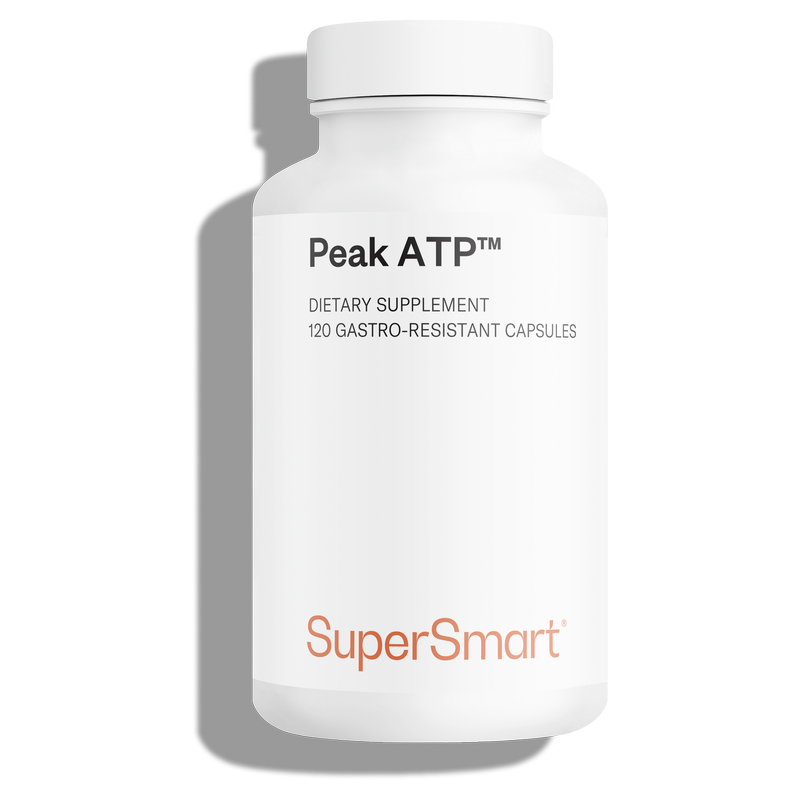
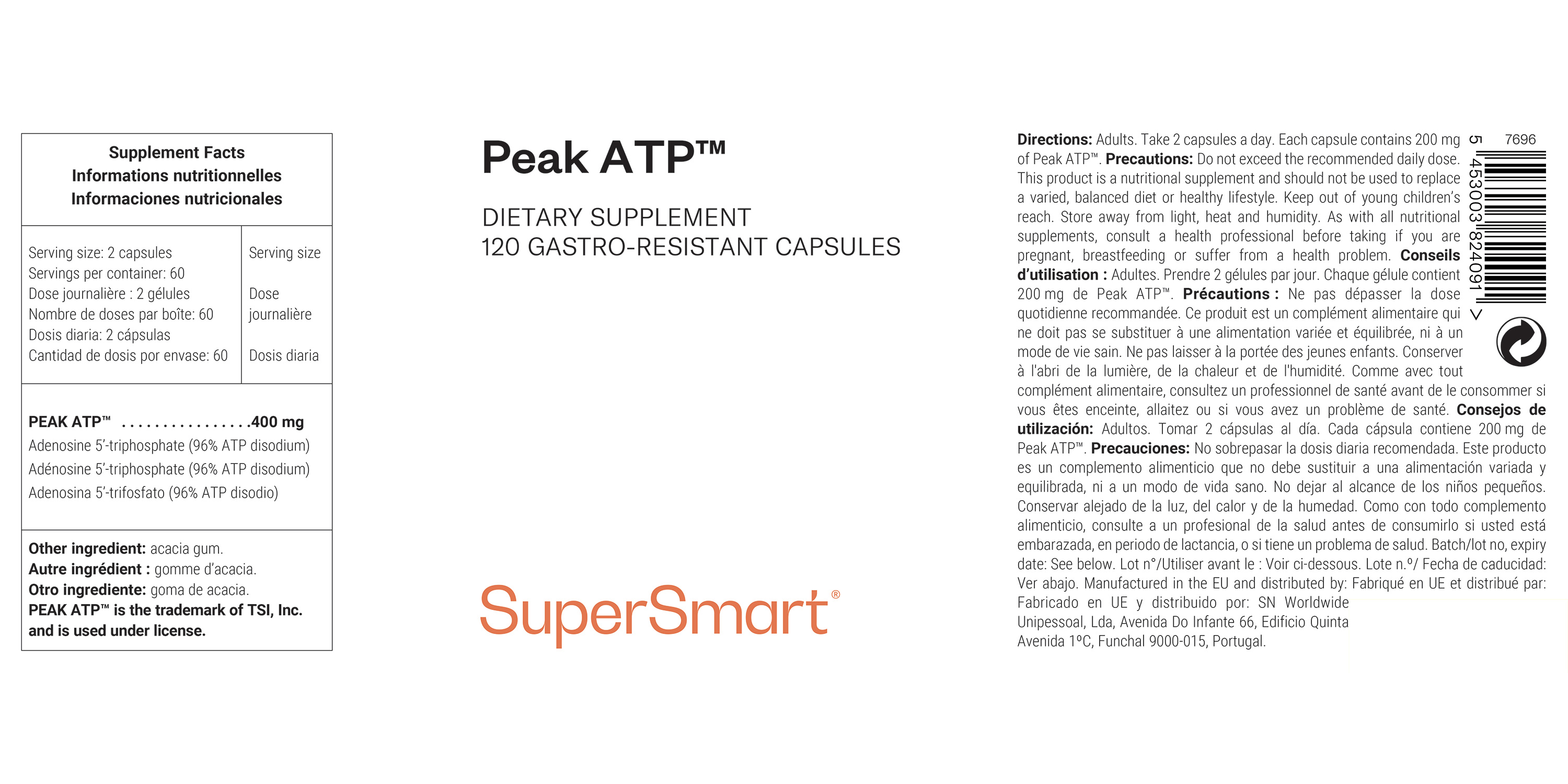
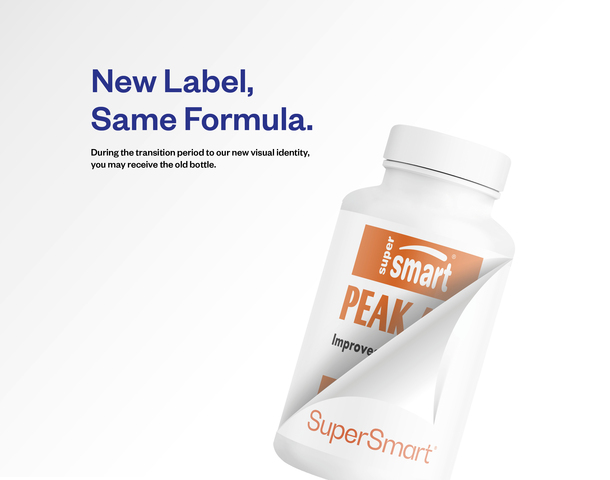
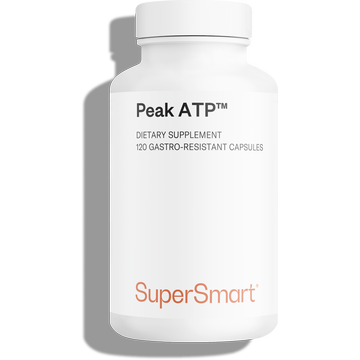
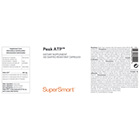


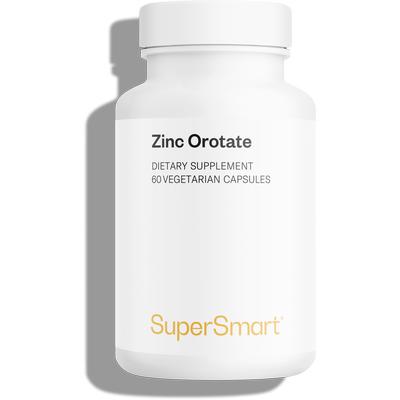
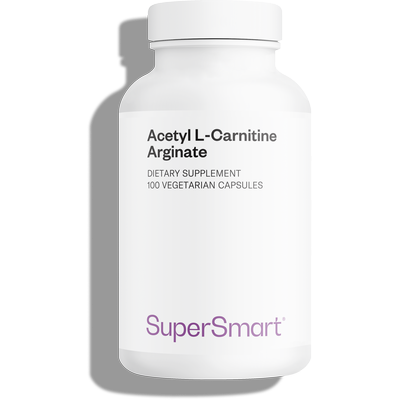
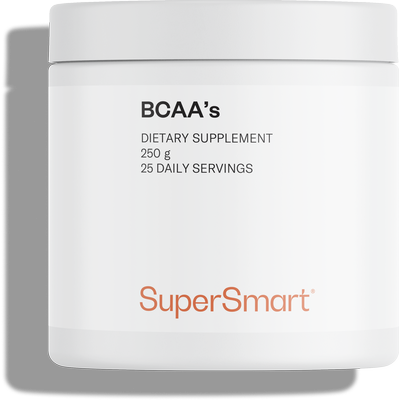
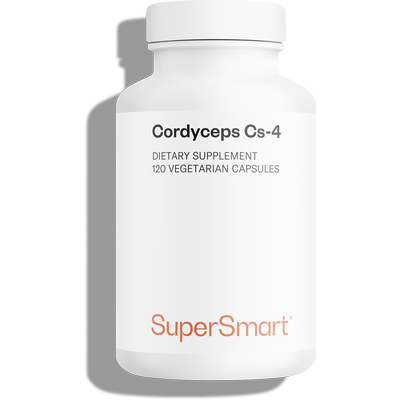
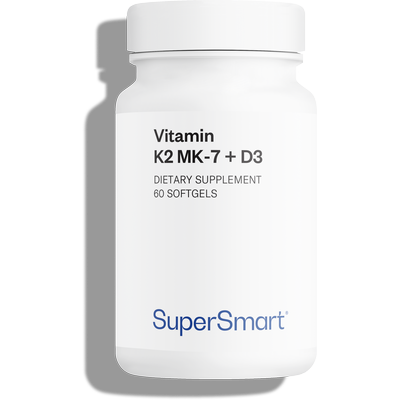
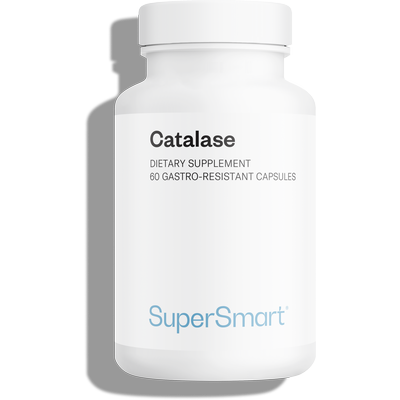
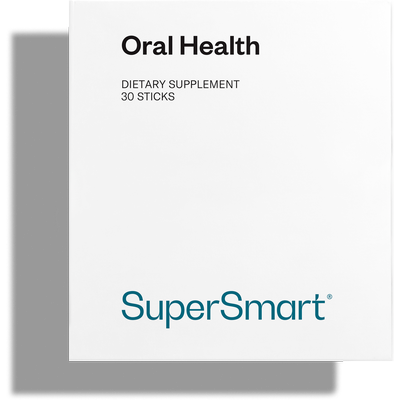
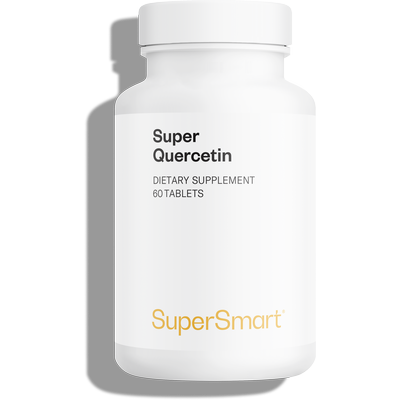

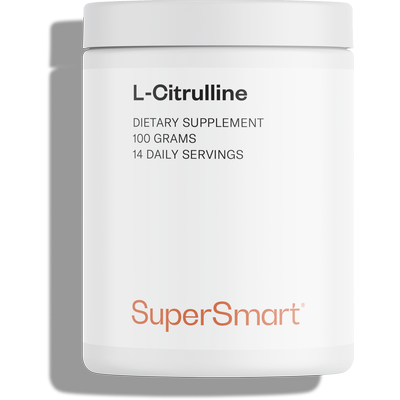
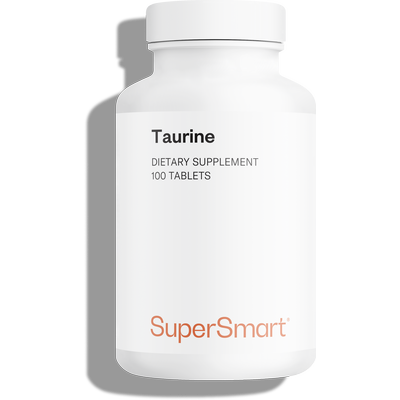
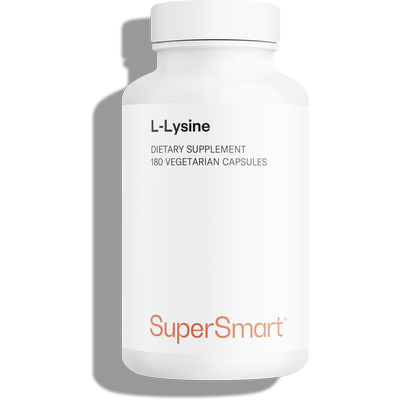



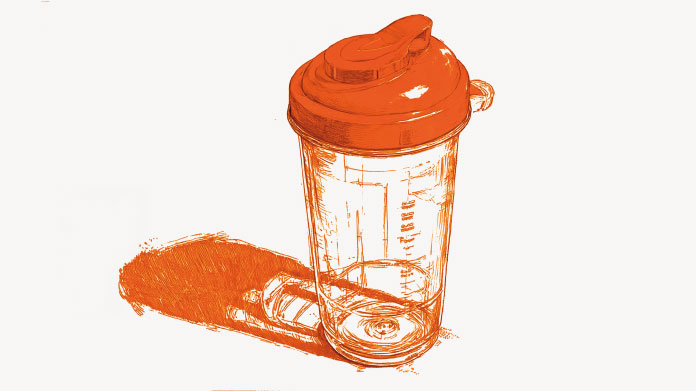
Hello David,
Thank you very much for your positive feedback. We are delighted to know that you are fully satisfied with your experience.
Please donât hesitate to reach out if you have any questions or need assistance.
Best regards,
â The Supersmart Team